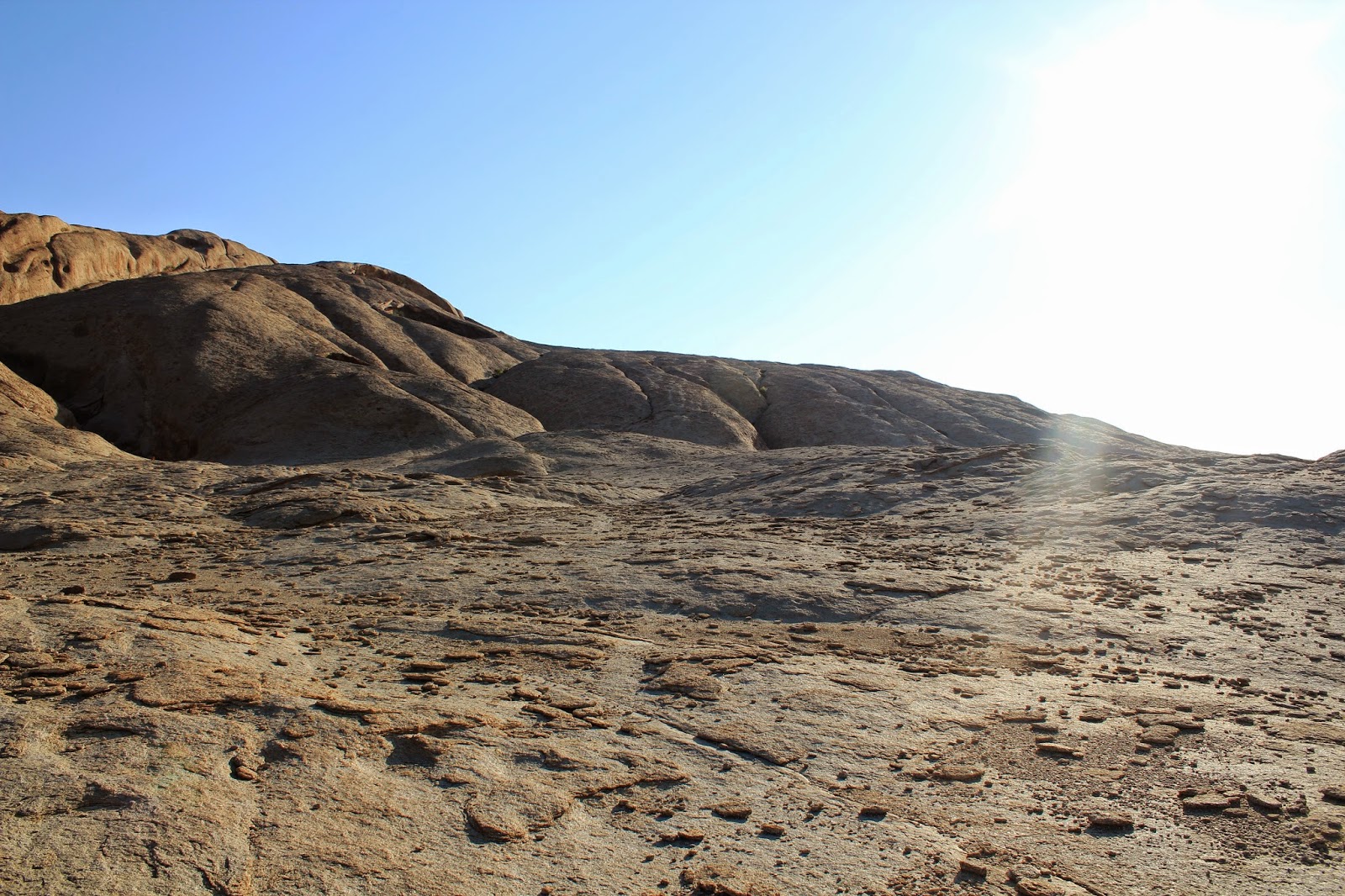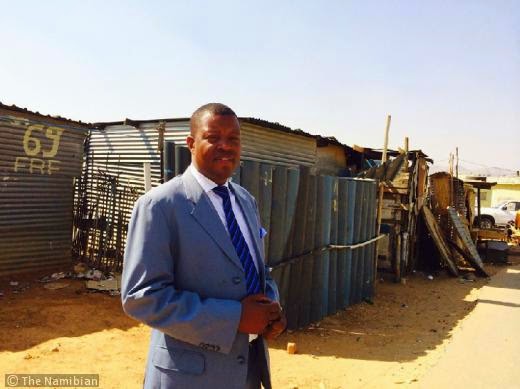Namibian politics ; a game of thrones
A knowledgeable young man called Filemon Iiyambo once said, “Politics is a subject so complex and diverse in its essence that it is better left to politicians. It’s a very dark art that very few people are blessed with the disposition for.” Yes, I just quoted myself. Bite me!
Politics and especially Namibian politics, has many similarities to ‘Game of Thrones’. Those of you who have no idea what I am talking about, I have one word, Google is your friend, my friend. Actually that’s more than one word, it’s a whole phrase. But, it’s my blog, I am the dictator here! Game of thrones, is an HBO TV show that is extremely popular, more popular than a young girl in a short skirt at a sugar daddy convention. Or in terms that everyone can understand, it’s a series, a TV series. It’s based on the books by George R. Martin. If you haven’t ever watched an episode of this show, then you need to stop torturing yourself, you’re missing out, big time! Also, you’re definitely doing this life thing all wrong. Game of thrones follows a power struggle between several noble houses vying for the Iron Throne, the seat of power in the seven kingdoms of Westeros. All the noble houses have a claimant to the throne, “There’s a king in every kingdom now.” All the claimants feel that they are the rightful heir to the throne, sound similar?
The ordinary citizenry – the peasants, are blissfully unaware of the scheming and treacherous deception going on to wrestle control of the seven kingdoms. Leading to wars and bloodshed, yet the peasants pledge their allegiance to the same nobles who oppress them. This is pretty much similar to most Namibians, who still vote out of sentimentality and not what they can get in exchange for their vote. Game of thrones is very educational, if you get past the blood curdling manner in which characters are killed off. People die in gruesome ways on the show, it shatters my faith in humanity sometimes. Okay, I think I am getting carried away, so I’m going to start postulating my theory. There are two things that strike me about this show, two things that I think are relevant to the upcoming Namibian Presidential and Parliamentary elections. The first in the concept of the Seven Gods, a God for each kingdom or maybe a God for each royal house. I am never really sure about the seven Gods. When spirituality becomes organised religion, a dangerous monster is created. Many horrible things are done in the name of the seven Gods, but somehow, the peasant’s faith in the seven Gods does not waiver. Some have their children sacrificed all in the name of this God or that, but, the Gods are never questioned. It’s like Karl Marx said the Bourgeoisie (rich) will use the system including religion to keep the Proletariat (poor) in their inferior economic state.
Yes, I’ve been reading political science, knowledge is power my friends.
This reminds me of a picture. A ramshackle dwelling made from scrap and corrugated iron stands innocuously firm against the elements. Next to the shack stands a poor man and to his left or right is a huge flag of a political party. If you ask this poor man who has no access to electricity and collects water from a communal water tap, if he will still vote for the party. He will reply with a defiant, “Yes!” Disregarding the fact that he has no proper sanitation and faces the indignity of holding in the excesses of his bowels until he can relieve himself in the open in the morning. How can he possibly still believe that the party cares about him? That’s as puzzling as the concept of the seven Gods. I guess you could say that it shows the downside of representative democracy, the people do not get to rule and the representatives aren’t held directly accountable to the people. Actually it’s like the abused girlfriend who keeps willingly going back to her abusive boyfriend, naively hoping things will change. Such political naivety can never be good. Let me use a phrase from animal farm, we are all equal, but some of us are more equal than the others. Those who are equal do not concern themselves with the inequality of others. Asking a rich man to solve a poor man’s problems is akin to leaving the fox in charge of the hen house.
So why do people keep loyally voting for governments that promise to solve their issues, but don’t. Why do the poor keep voting for people who forget about them? Is it sentimentality, is it the belief that voting for another party will bring the colonialists running back with their guns and their brutality. Or maybe there is something in the water? Logic will dictate that if you keep doing the same thing over and over again expecting a differently result, then you are insane. It might be possible that people want to be just like those who have made it, those who drive expensive cars and get million dollar deals. Those who proudly shout, “Viva Party X.” But, think about it. Would you bite the hand that feeds you? Those advocating for retention of the status quo without addressing social inequality, are those who are benefiting from the system the government has put in place. The government has created an environment for them to thrive and obviously they would want that to continue. That’s why big business supports the dominant political party, this is universal wherever you go. What is an average Joe compared to a business man who can donate a bus to the campaign trail or give a few million to run the campaign itself? In the beginning the intentions politicians are noble, but eventually the commercialisation of politics stratifies society.
This is where I think the electorate need to further their understanding of Democracy. Democracy stands on the pillar of the consent of the governed. So if the government you voted for does not help to pull you out of poverty, and you keep giving them a majority mandate to rule. That basically means you are giving them permission to keep you poor. Democracy is not about who liberated the country, it is not about who delivered freedom. It’s about who can deliver the best service, it’s about who can give you quality for your vote. Your vote is more important than you think, voting smartly can change the dynamics of the game. At the moment the voters are blind to the fact that they are playing to the rules of the political parties. Governments should be afraid of their people, not the other way around.
Let me introduce my second concept from Game of thrones – the Iron Bank of Bravos. The Iron Bank is not a royal house, it is not kingdom. It is an institution in the city of Bravos. The iron bank does not align itself along the lines of sentimental attachment. The Iron Bank is run like a business, the Iron Bank is like an investor – they’re only worried about the return on their investments. So if they fund you and you default on your payment, they will be ruthless. They will fund your enemies just to get their money back. The Iron Bank is not like Google, It is not your friend. The Iron Bank functions on logic not sentimentality.
If the Namibian electorate reasoned like the Iron Bank, then they would simply vote for the opposition. If the ruling party is not delivering, then the enemy of your enemy becomes your friend right? No, not in Namibia. We’ve had the same political party in power since 1990, so basically there is no other party that has the experience to run the country. So it would appear that this particular move is a non-starter. Half of the opposition parties are rebellions from the ruling party and the other half are still tainted by their once upon a time association to the Apartheid regime. So to the ordinary voter, there is only one choice, continuity. You wouldn’t gamble on the untested now would you?
There is one thing that I like about the Iron Bank, they change the dynamics of the game without necessarily having to play it themselves. How does that relate to Namibian politics? Well, the dynamics of the game are tilted in favour of the government, they call the shots. But, is democracy not built on the will of the people? It would only be logical for the people to change the way the game is played if it doesn’t suit them, wouldn’t it? In my personal opinion as long as the ruling party maintains their two thirds majority in parliament, the dynamics of the game will never swing in favour of the people. A system can never protect those it never meant to. As it stands, legislation that benefits the ruling party can always be bulldozed through parliament i.e. Constitutional amendments to increase parliament (If our small parliament can’t solve national issues, how will a larger inflated one fare?). While national problems like the housing backlog are left unattended till they become a crisis.
It has occurred to me that due to the fact that the ruling party delivered liberation, the line between the party and the government has become so blurred that one would say that it’s the same thing. So the health of the ruling party is directly proportional to the health of the state at the moment. A strong ruling party translates to a strong state, since the ruling party is almost guaranteed to walk the elections. But, a strong opposition is needed to keep the ruling party on their toes and always guessing, otherwise the possibility of the ruling party leaders getting excited and calling us peasants is always high. I strongly believe that the game should no longer be played to their rules (the ruling party government), the power should rest with the people. The people should be able to flex their muscles and show their displeasure at the service the government is delivering, patience is a virtue, but the last time I checked you can’t live in it. The nation needs affordable urban land.
So when you vote, consider what your vote really means. Ponder if your vote will really get you what you want, or will you continue to clap hands and sing songs while the special people get tenders and plots? Will you stick or twist, are you satisfied with the service you’re receiving for your vote or is it time to think like the Iron Bank of Bravos.
And for those who are considering staying away and not voting, let me leave you with the words of the insatiably bubbly Ndahambelela Udjombala, “Not voting is not rebellion, it is surrender.” Like Job Shipululo Amupanda likes to say, “The youth have an appointment with the future.” Let’s make sure that we are on time for our appointment.
Stay out of trouble and vote wisely.


Comments
Post a Comment